Interview by Les Tan, Dawn Yip and Jan Lin

Ben Tan in action during the 1994 Olympics. (Photo courtesy of Dr Ben Tan)
Dr Benedict Tan, 41, is a three-time Sportsman of the Year award winner and won a gold medal at the 1994 Asian Games in Hiroshima, Japan.
In 1995, he broke into the ranks of the top 50 sailors in the world, and finished 36th out of 86 competitors at the 1996 Olympic Games in Atlanta, USA.
Ben is currently the Head and Senior Consultant of the Changi Sports Medicine Centre. He also sits on the board of the Singapore Sports Council and is a member of the Singapore National Olympic Council.
In recent years, he has turned his focus to long-distance running, and recently finished as the third-fastest Singaporean in a personal best time of 2 hours 56 minutes 20 seconds at the 2008 Singapore Marathon.
Here is his story.
Part 5
Did you train everyday?
Primary school, no. Secondary school was Saturdays, Sundays and one weekday to at least do physical training. From JC onwards, it was practically everyday. And I'll go to the gym 6 days a week, sailing also 6 days, so my rest day is usually a weekday.
Which JC did you go to?
Hwa Chong.
So you managed to go through a JC curriculum and medical school while training everyday?
Once I got to JC, which was more autonomous at that time, Hwa Chong recognized Sailing and they even said that if you represent Hwa Chong, you don't have to do PE. That's the difference in support. So I was excused from PE but I still did PE to get on with my classmates, because with the amount of training, you are so much fitter already, PE is nothing to you, so I treated it as a social thing.
In University, the rule was I could sail in overseas races as much as I want but if you fail your exams, just don't use it as an excuse. This is the real world situation.
Just like when you work as a houseman, you want to go out also can, but you answer to your colleagues because if you go, your colleagues do the work for you. So I've learnt from young that I carry my own weight. Even if I go overseas to race, the total work I do will still at least be the same as other people, which means I don't take hand outs.
I sleep later, I work longer hours, I do more calls to make up for the day, but I make up for everything.
Same thing with NS. I didn't get any hand outs during NS (National Service – compulsory military service for all Singaporean males), I did as much work as I did as someone who has to do his two and a half years of NS.
What did you do in NS?
I was in the Navy.
So what was the best moment for you in Sailing?
There are a lot of different things. People may think of course it's the Olympics, or the Asian Games, but I've learnt how to appreciate little things. The important thing is actually not crossing the line and winning. The significance behind crossing the line first is the work that went into it that got you to cross the line first.
That is the thing that's of value and yes I appreciate the trophies, medals and certificates but the thing that is of true value is the process of getting that, your methodology, that is the one that is portable but that is not something tangible, its something inside you. And because it is not something tangible, it is something you can lose also. It's a virtue thing.
Let's say I'm hardworking, but when I stop being hardworking, it all vanishes. That's why I'm always fine-tuning the process even though I retired from sailing in 1996, I still value the process, and I'm still fine-tuning it.
There was one year I wanted to test whether the process was as good as it used to be and hopefully it is even better. So in 2000, there was an Asia Pacific Championship which involved New Zealand and Australia, which are sailing powerhouses and of course the top Asian countries, Japan and Korea were all down there.
So I wanted to see, if after I've retired, I still have the process, which I've continued to fine-tune and if it is better than it used to be, or at least, same quality. So I used the process to train for the Asia Pacific Championship.
After 3 months of training and I went to the Asia Pacific Championship and I finished 3rd and I was the top Asian. The third placing also gave me an automatic placing in the World Championship, which has quota invitations.
So I pre-qualified four years after retiring, using the same process though of course I suffered in the race because after retiring for four years, mentally I still can do it but physically my body is a different body and my skin below my foot was all tore off by the second day and my foot was raw. That was how painful it was!
Then did you go for the World's?
You have to be very disciplined about what are your objectives. This (Asia Pacific Championship) was meant to be a test. I made a promise to myself.
You have to prioritise. So the first half of my life, my priority was to be the best sailor I can be, but it doesn't mean I neglect the other priorities but something has to be your sole driver.
The promise was, for the second half of my life, my career has to take priority, doesn't mean I have to quit sailing but it becomes number 2. The promise was that, for the first half, I won't let anything interfere with the number 1 and in return, for the second half, I won't let anything interfere the number 1.
So after I retired in 1996, that was when I concentrated on my career already, sailing was meant as a test, to push myself and test my process. So once I tested and it worked, I qualified for the World Championships, I don't actually have to go to the World Championships to prove anything else already.
Related stories
"I nearly flunked my PSLE." An interview with Ben Tan – Part 1
"I was top 3 but got no CCA points." An interview with Ben Tan – Part 2
“If you don’t have a good crew, you’re useless because you’re only the driver.” An interview with Ben Tan – Part 3
"It is very stupid to assume your opponents are less talented." An interview with Ben Tan – Part 4
"In fact, people with bad attitude are the ones who do well." An interview with Ben Tan – Part 6

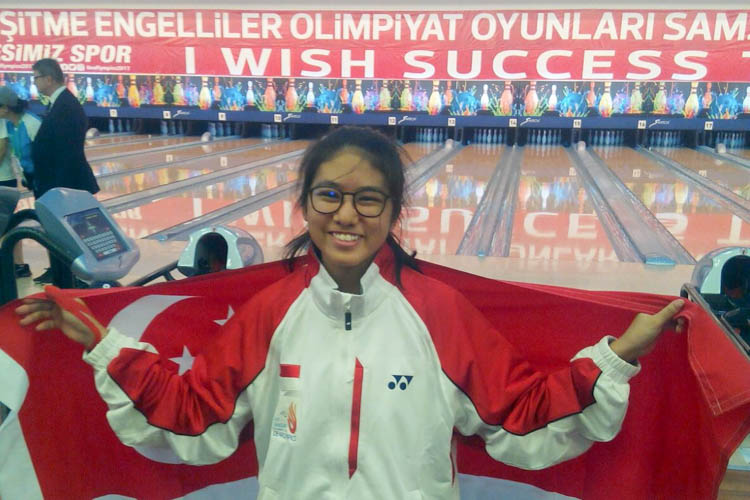
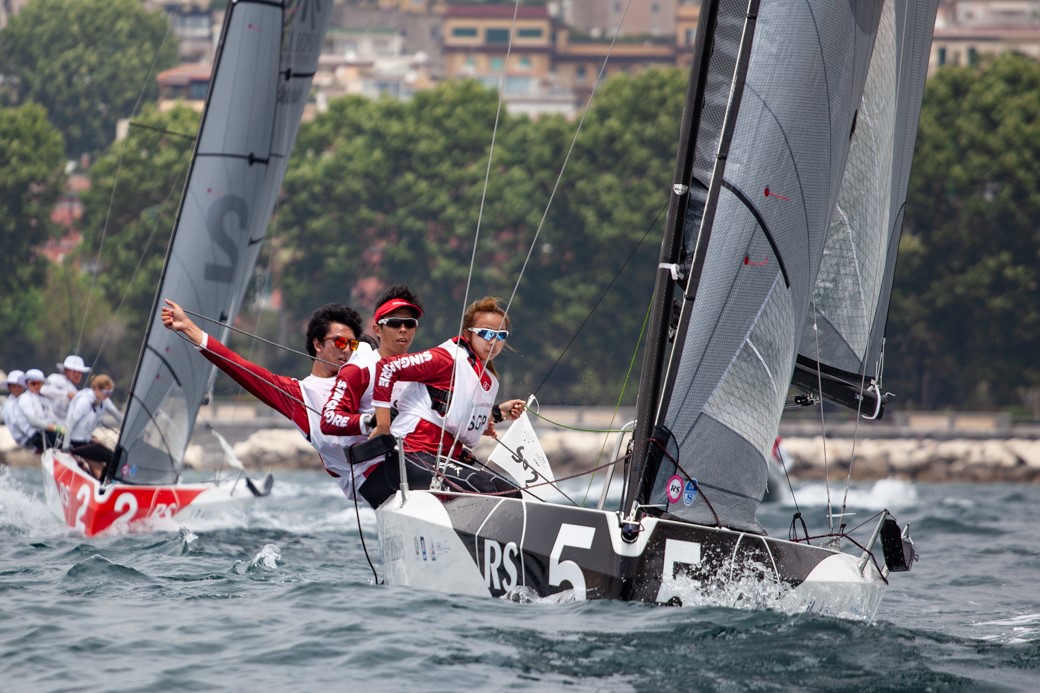
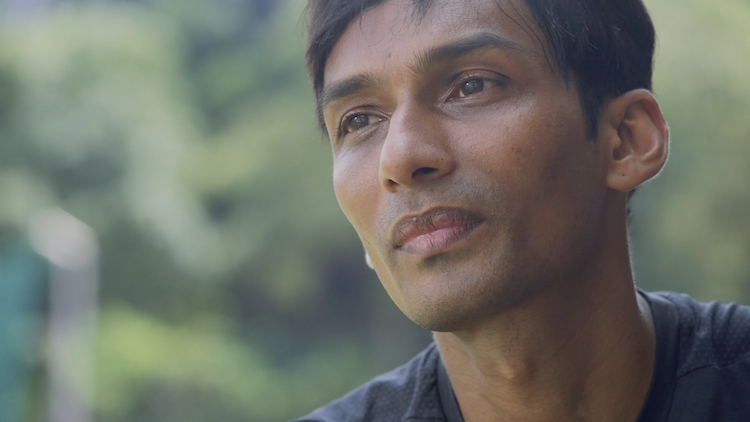
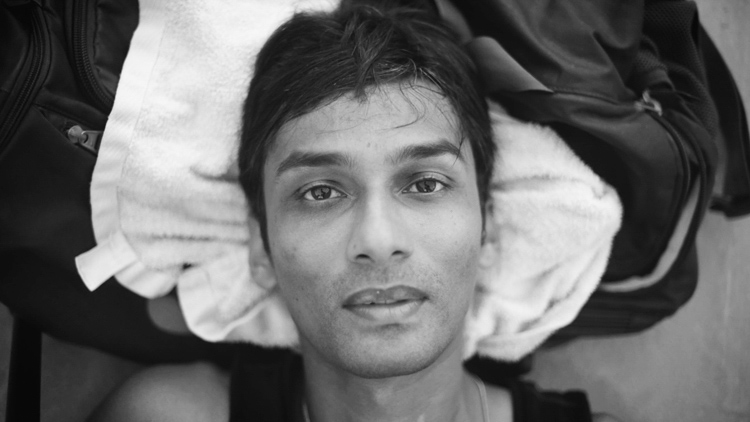
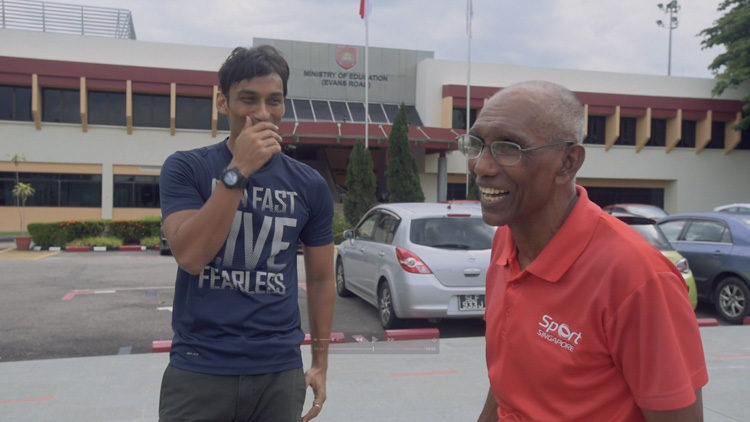
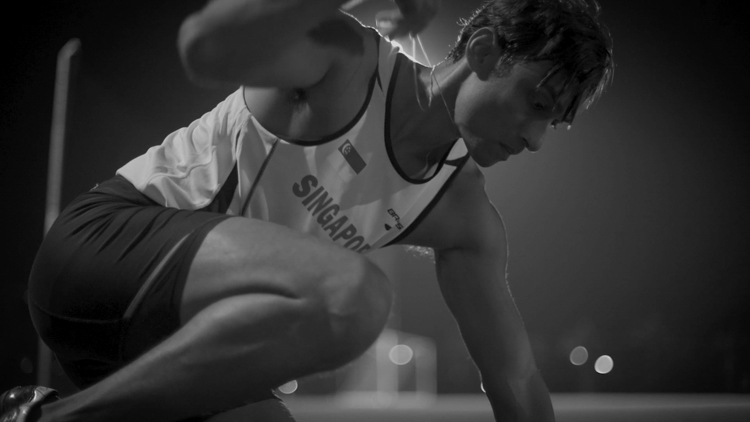
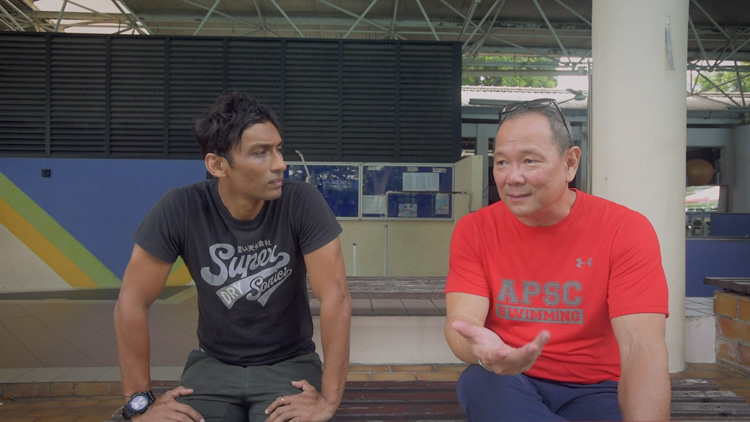
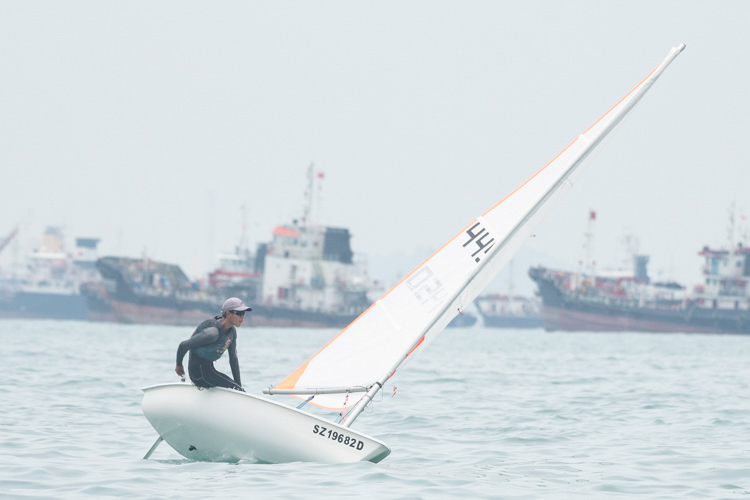
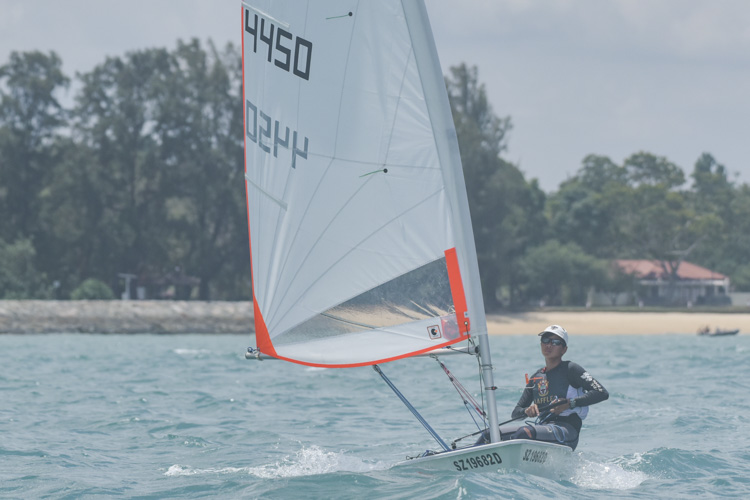
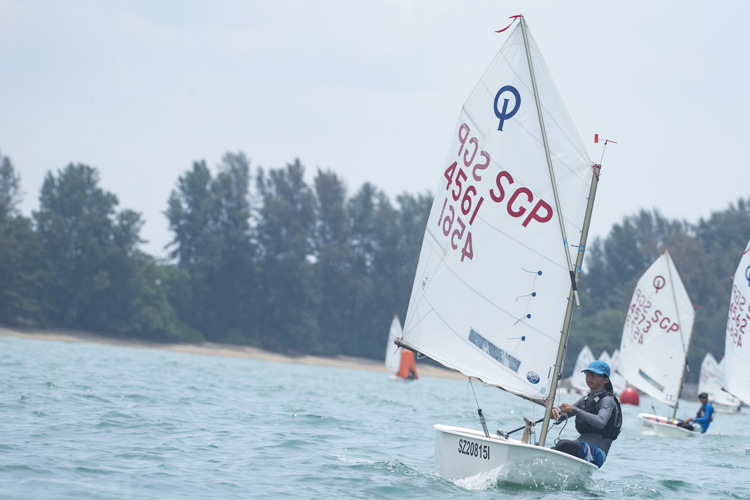
Leave A Comment